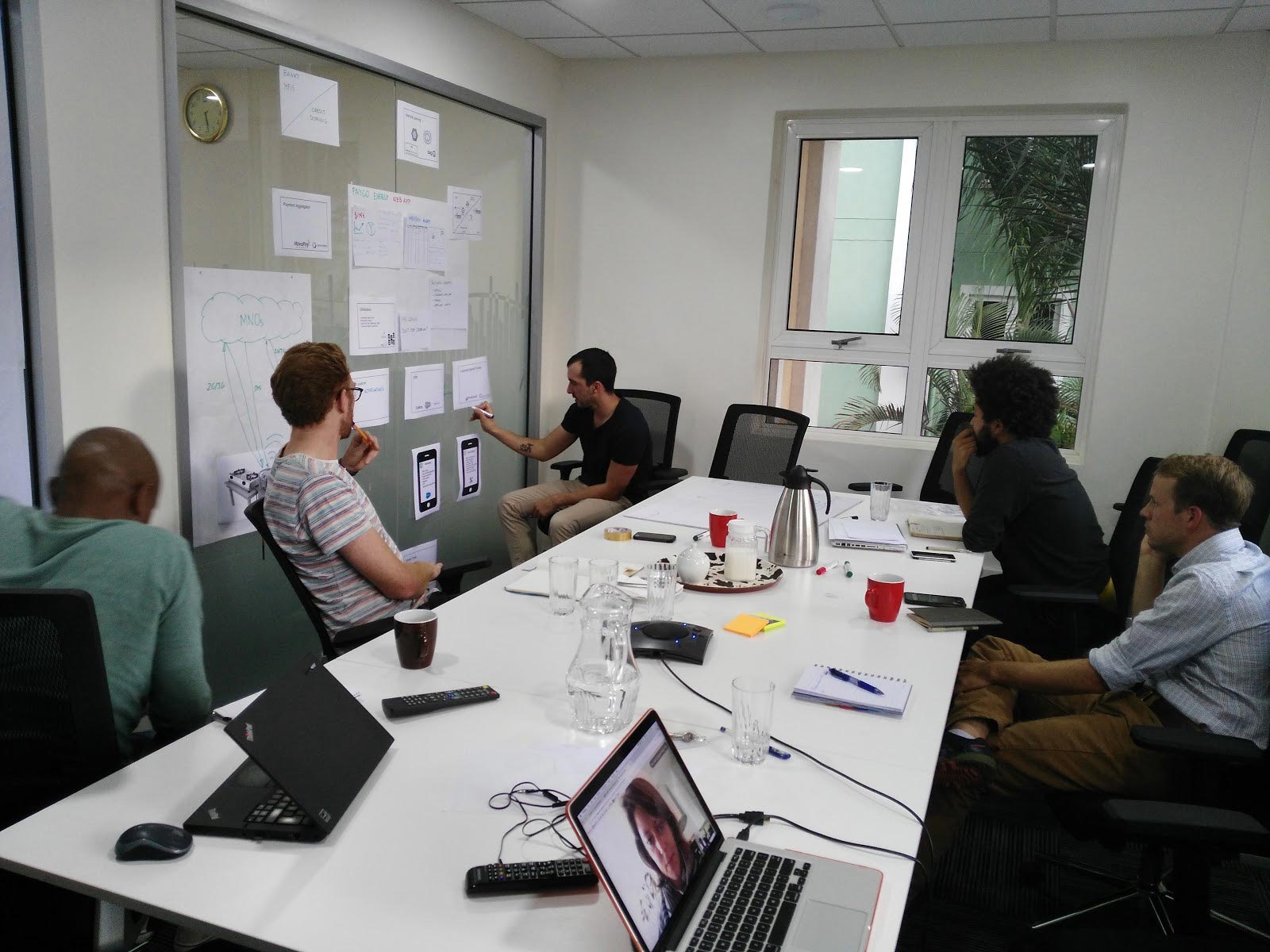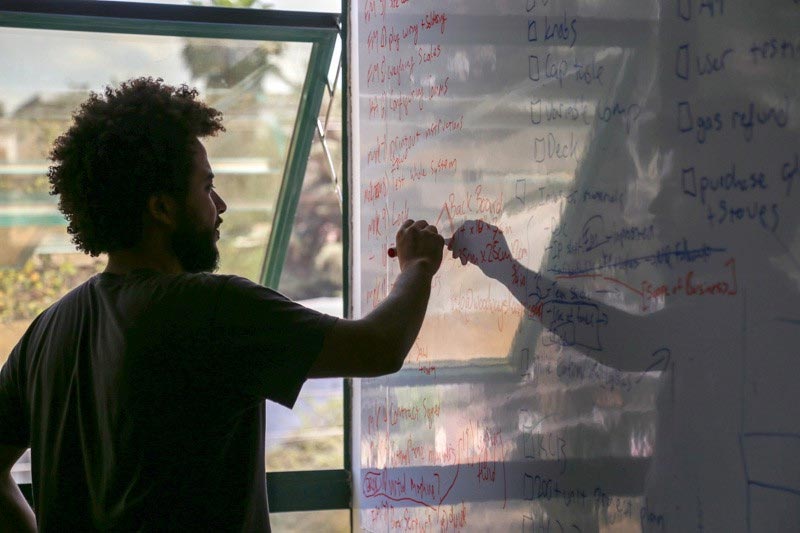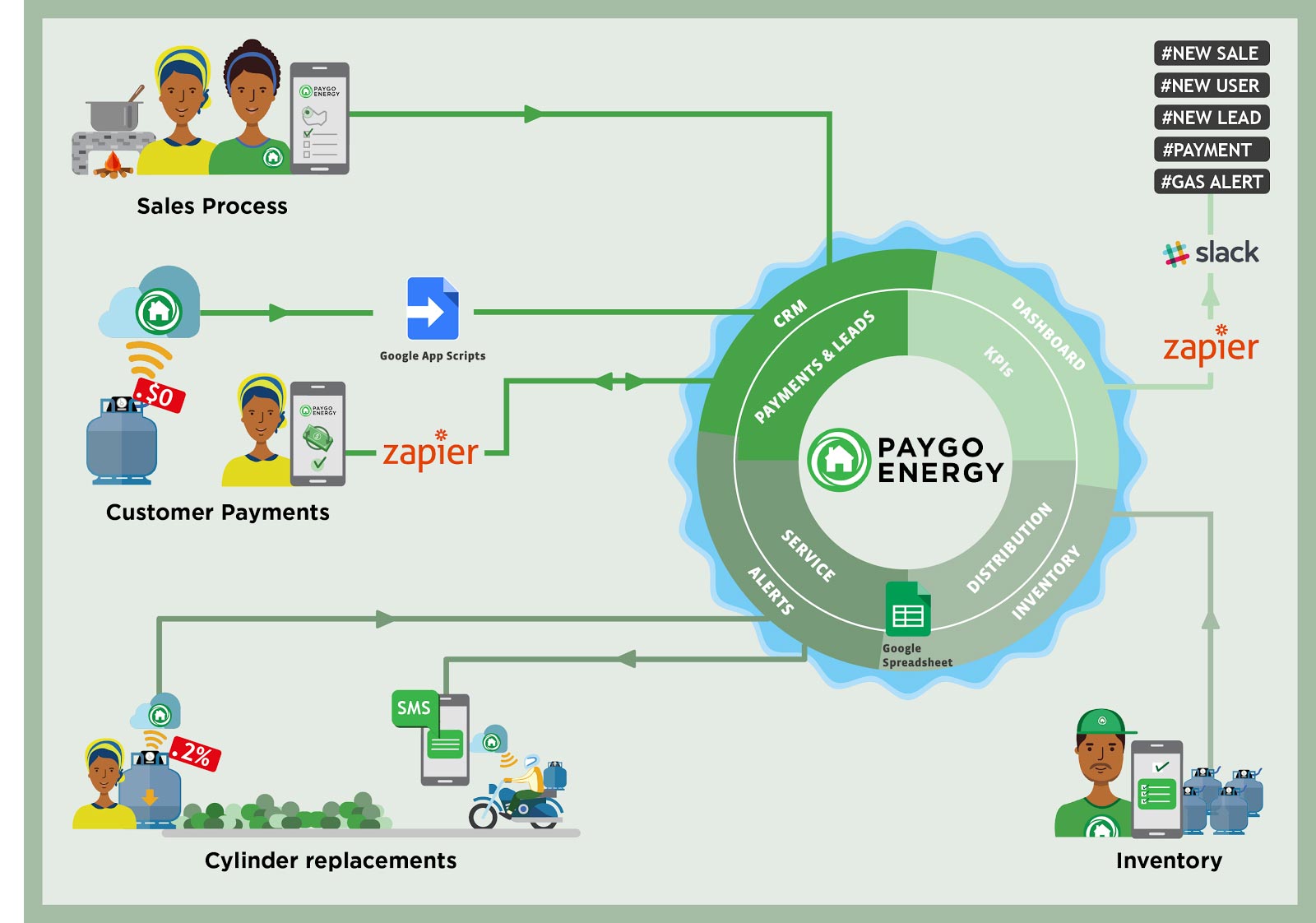How Catalyst Fund and PayGo Energy Built the Base of a Micro-Payment Architecture

As startups move past a proof of concept and start to scale, they require whole new sets of systems, operational processes and skills. Startups often have to develop initial, high-level systems that will allow them to grow and expand in future. A well-thought out back-end system determines the quality of product and service a startup provides to their consumers. To build a great back-end system, a startup requires a team with the technical expertise to implement the right changes.
The Context
Early stage startups usually have small teams, and struggle to find and retain the right talent at the right time, because of the high demand, limited resources and sometimes not knowing what kind of talent is needed as they grow. In the case of PayGo Energy; a distribution service that harnesses the power of pay-as-you-go technology to bring modern fuel to homes everywhere, it was the latter. Working in a highly challenging environment: early stage, East African context, with limited bandwidth, PayGo Energy needed some help identifying, designing and developing one of the most important components of their business. They needed someone to fully understand and translate their requirements into objectives, improve and enrich the software value proposition and start building a base to grow their customer network from dozens to tens of thousands.
Over the course of two months, Catalyst Fund helped inject the skills and knowledge of an interim CTO to quickly build the base of PayGo Energy’s payment architecture. Working lean and using off the shelf software, Catalyst Fund brought essential skills, specific systems knowledge and a CRM to the PayGo Energy team.
Together, they sought to understand the current solution, analyze the main drawbacks to scale, identify other related stakeholders needs, and build the foundation for their processes and system. Together, they answered the following question:
How can PayGo improve the customer experience with the software back-end and boost engagement with the pay-as-you-go model?

PayGo Energy has developed its own smart metering technology that records gas consumption, monitors user credit and shuts off the valve when the user runs out of credit from the most inaccessible household locations. The prototyped smart metering solution is now being used by early adopters. However, in order to scale and cater to hundreds of users, PayGo Energy’s system had several challenges which needed to be addressed. These were:
- Integration with a scalable gas payments solution
- A lack of a platform to aggregate key customer health indicators including consumption patterns, gas remaining in tank and battery remaining on unit
- Tools to measure, monitor and run effectively an in-the-field sales force and customer service
The Solution
Creating a base software architecture allowed PayGo Energy to learn how to use tools and build on them to achieve short and medium term goals such as optimization of gas distribution, monitoring of workflows and future additions of new features such as mobile apps, loans and credit scoring algorithms.

To design, build and fully test a base software architecture the PayGo Energy system was connected using the following components:
- APIs using Zapier and Google App Scripts to receive data from cylinders in real time and trigger actions to refill and maintenance
- mPesa’s bill payments solution to accept and record user’s payments
- Google Sheets as a database
- AppSheet to develop mobile apps without the need for coding for CRM, inventory management, sales and customer service applications
- A communication channels via Slack to keep everyone on the team posted

Currently, PayGo Energy is preparing to shift from Google Sheets to SQL databases, and from Google App Script to a platform as a service (PaaS) such as Heroku, Google App Engine or OpenShift among others. In addition, the communication tools (Zapier and Slack) are now embedded within the company and used every day to update the teams on progress. The use of these tools is likely to increase once more employees join the company. AppSheet has been a useful platform for those on the team with an understanding of how databases function. It provides useful tools for coding without needing the technical knowledge allowing the team to jump ‘straight to mobile’. As a result, they have been able to speed up the task of process definition and business process improvement.
Right Place, Right Time
“Without the support it’s likely that we would have spend much more money on a system that might not even have fitted our requirements. With Catalyst Fund’s support we were able to define our requirements, tackle the most urgent issues immediately, get the early adopters onto the system, support operations with the data and plan a development timeline to support the growth. In addition, the tools provided are easy to use for someone like myself with a half decent understanding of databases and if/then logic.”
– Mark O’Keefe, Cofounder, PayGo Energy
Working with PayGo Energy and helping them define their short, medium and longer term development priorities enabled them to identify key areas for investment (e.g. payment aggregation platform) and the development of a clear scope of work for the requirements of conducting a 200 household pilot. What PayGo Energy also learned are some helpful tips for other startups out there in the same boat. They are:
- Talk to software developers that have been through the ‘start up’ experience early and often (they are nice and do not bite).
- Get feedback and define requirements to identify when you need technical support (e.g. script development).
- Do as much as you can with the free/freemium tools available. e.g. Google Sheets, AppSheets, Zapier, Slack. By struggling through the use of the tools you find out what works/does not work very quickly.
This temporary yet scalable foundation gives PayGo Energy time and a clear road to improving the architecture. This is valuable time to focus on gas distribution while they start to learn quickly and as much as possible about how their system works.
Without the support of Catalyst Fund, it is likely that PayGo Energy would have spent much more time and money on a system that might not have met their requirements. We are especially pleased to know that PayGo Energy gained a new appreciation for the importance of the software and the benefits of having a team with the right technical expertise. We look forward to seeing them succeed in their endeavors.


